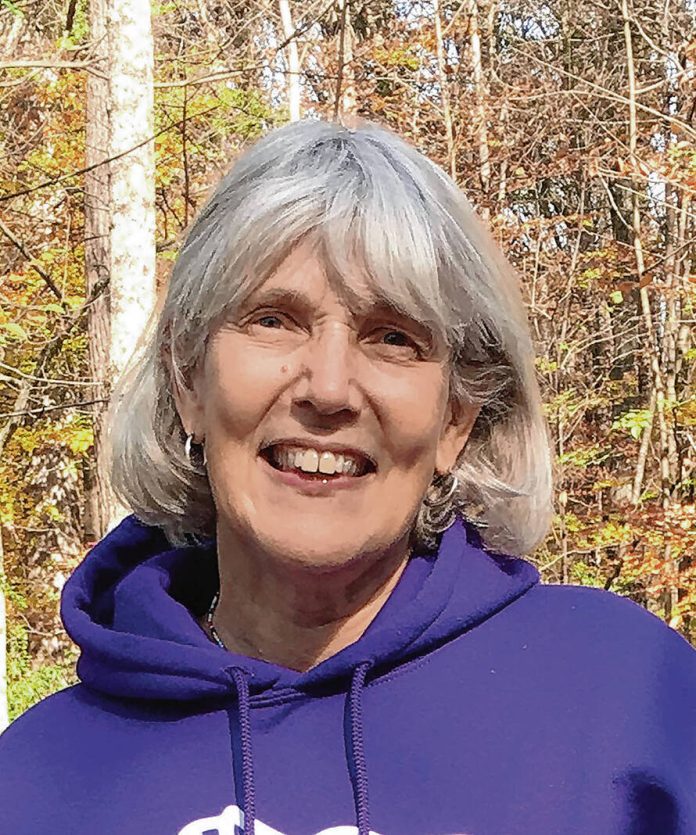Once upon a time, I was in eighth grade and a book most adults didn’t want kids to read was passed around and read surreptitiously by me and most of my junior-high classmates. Several dog-eared copies of a now largely forgotten novel, “Candy,” authored by Terry Southern and Mason Hoffenberg, were circulated among my fellow students. We kept it buried in desks and read it hidden behind textbooks when we were supposed to be paying attention to things like English, math and history. When one kid finished, it was secretly passed on to the next middle-school doofus who wanted to read it.
We were sure we had our teachers fooled. No way did they know about our “reading project,” but thinking back on it, they probably did. Since the dawn of mankind, adolescents seem to think they’re smarter than most of the adults in their orbits.
Though “Candy” is probably considered tame by today’s standards – it doesn’t appear on any current list of banned books – the subject matter in this novel is something adolescents have been curious about since the beginning of time: s-e-x. Teens can’t help it. Changing bodies pique curiosity. And for Pete’s sake, none of us would be here without that little three-letter word.
I’m telling you this because my eighth-grade class wasn’t a bunch of crazy deviants, nor were we scarred for life from reading “Candy.” Nope, we were just regular kids doing what regular kids did back then. We were curious. Most of us went to Sunday school, were in Girl Scouts and Boy Scouts, learned right from wrong and had loving, concerned parents. If any of our moms had found “Candy” hidden at home, we would have gotten a good talking-to, and we might have heard, “Just wait ‘til your father gets home!” Then the book would have been ceremoniously thrown in the trash.
Reading “Candy” didn’t send any of us youngsters down the road to ruination, and none of our parents would’ve considered heading to schools or public libraries to complain about books. In the 1960s, parents didn’t feel it was their job to be the morality police for their communities. Parenting issues were dealt with at home.
I’ve reviewed several lists of banned books, and I’ve read most of them. A few are my favorites of all time, like “Charlotte’s Web” – some people think kids shouldn’t read about death, and “To Kill a Mockingbird,” where Atticus Finch was the stand-up guy we all wanted for a father.
“The Adventures of Huckleberry Finn” is a staple on banned book lists. The frequent use of the “n” word in Twain’s novel is controversial to both Blacks and whites, but in 1884, when it was published, Twain was reflecting the rampant racism and vernacular language of his time. My guess is, that he hoped to make his readers think. I’m sure I asked my mother why a word we banned at home appeared so many times in the pages of a renowned American novel. Huck Finn was a history lesson for me. By reading it, I acquired a deeper insight into the ugly specter of racism and figured out the kind of person I didn’t want to be.
Today’s youngsters will be fine. Most of them, like me and my old junior-high chums, will end up reading some controversial books. They’ll survive the experience and probably come out better for it.
Reading books: The good ones, great ones, boring ones and controversial ones help open minds and aid in critical-thinking skills. Two things we could all use more of these days.
Sharon Mangas is a Columbus resident and can be reached at [email protected]. Send comments to [email protected].





